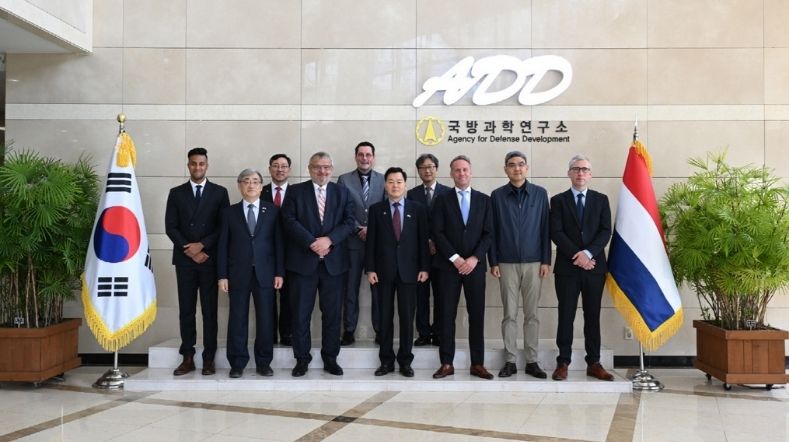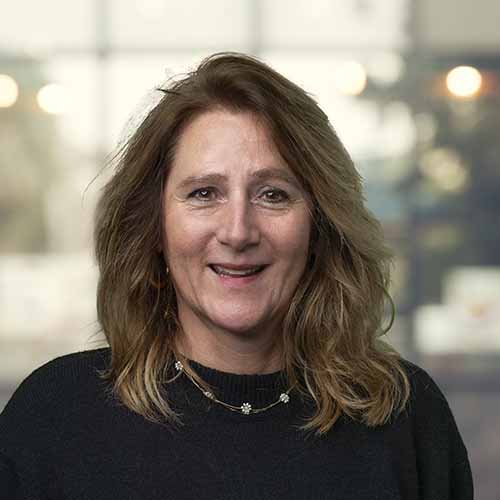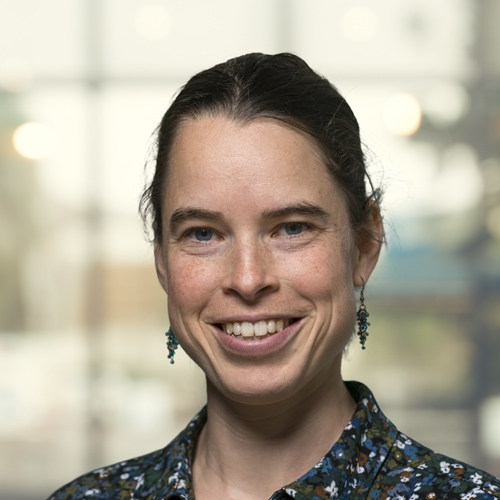Discover TNO
Creating impactful innovations for the sustainable wellbeing and prosperity of society.
Our latest developments
671 resultaten, getoond 1 t/m 5
Progress in circular packaging for soups and sauces
Together with partners, we developed a retortable soup pouch that can be filled and sterilized as usual and meets functional requirements such as barrier performance and shelf life.


Gas production shows a slower decline than in the past decade


Biobased plasticizers: from compliance to competitive edge


Japanese DNP opens Dutch R&D hub in partnership with TNO


TNO’s Unit Defence, Safety & Security strengthens ties with South Korea


Contact us about your R&D challenge











